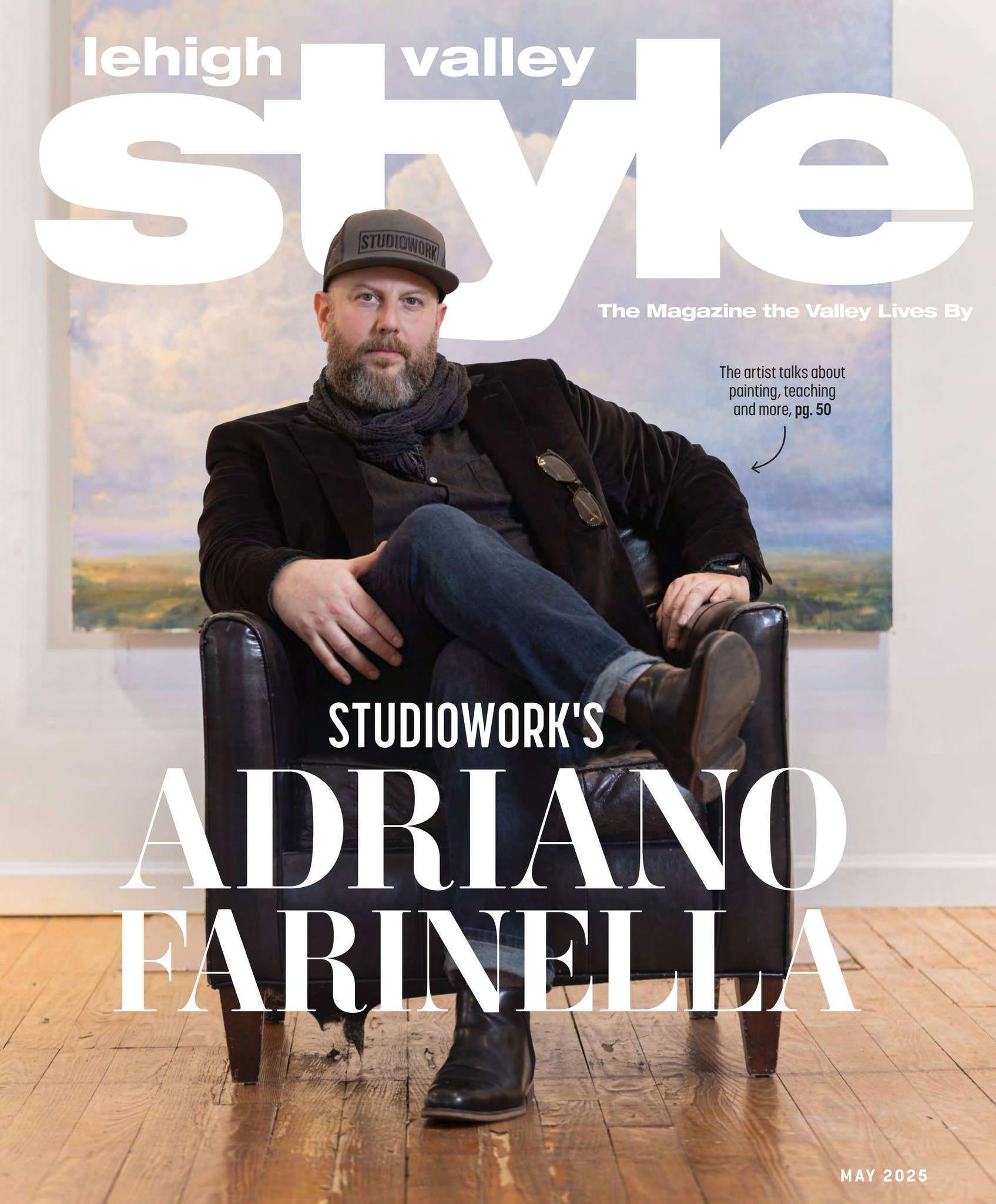Research has shown that the number of centenarians has doubled every decade and estimates that by 2050 there will be one million Americans in their hundreds. And it may be why more “seniors” should put the stereotypes and myths of aging on the shelf. Looking to create wellness versus preventing disease should be the mantra as we shift the paradigms of aging.
Check Your Beliefs at the Door
One's personal beliefs as well as societal beliefs can have a profound effect on how they age. Our thoughts, self-imposed messages and societal beliefs have a biochemical effect on the body. Expectations of decline send signals to our immune system, nervous system and endocrine system to break down. Thriving centenarians do not buy into societal ideas of what should be expected as we age, choosing instead to continue to pursue new interests and live full, active lives. Questioning limiting beliefs and changing how you think and speak about aging can have a direct positive effect on the messages your body sends.
Physical Well-Being
Some may view heading into one's 60s, 70s and 80s as a time to “slow down,” but falling into the trap of lowering expectations of what we can do can actually accelerate the aging process. As we age, we can and should still challenge ourselves physically. The caveat is that we may need to pay more attention to adequate recovery time as well as listen more closely to our bodies. Depending on the levels of exertion, your body may require more repair time between activity. Allowing for adequate recovery will help ensure more productive and enjoyable activities while reducing risk of injury. Staying physically active is as critical for cardiovascular health, disease prevention and stress reduction as it is for mental health and preventing cognitive disease and decline. Look for opportunities to move, move in a variety of ways, find activities you enjoy, try something new and, as it becomes safer to do so, be active with a friend or with a community.
Get Stronger
The body begins losing muscle mass in one's mid-30s so it is paramount to put strength work in your routine to combat that loss. There is often fear in lifting heavier objects, but the less we do, the less we are able to do. Lifting heavier things is important to help trigger human growth hormones as well as maintain independence and quality of life. Building strength safely and smartly gives tremendous carryover into everyday life activities, whether it's confidently carrying your grandchild, hauling groceries or safely lifting the bag of dog food. Always check with your healthcare provider and build up gradually. Seek professional help and support through qualified fitness professionals to develop a smart plan, improve form, address muscle imbalances and prevent injury.
Choosing nutritious whole foods and staying well hydrated is important at any age, but even more important as our ability to absorb nutrients does slow down as we age.
Keep Learning and Stay Curious
Doing crosswords and Sudoku is helpful, but stepping outside our comfort zone to experience and challenge ourselves in new learning endeavors is where the magic happens. It's exciting to know that the brain is still producing new neurons, even as we age. This especially happens when we are learning something new in a rich environment. A part of the brain called the hippocampus lights up and generates new neurons. Follow that up with exercise and you will fortify and strengthen those new neural connections.
There is a plethora of ways to enrich your learning opportunities. These can include programs through local community colleges or MOOC (massive open online courses) free platforms, like Coursera and edX, that give you access to some of the top universities in the world. Other ways may include learning a new craft, playing a new instrument or attending a lecture. Whatever it is, remember, pursue interests, stay curious and keep learning. The brain is constantly changing and can change in positive ways if we treat it right.
Brain Health
Sharon Fraser, a health and transformation coach, helps educate and guide clients in improving their brain health with a six-week program called “The Brain Reset Program.” Her diagnosis of a degenerative brain disease led her on a personal quest to understand and improve her own brain health and help others do the same. “Good health and, in turn, brain health isn't about fancy [tools and techniques],” she shares. “It's about being conscious of your choices and the impact they have.”
With a focus on reducing inflammation in the body, Fraser suggests reducing processed food, food allergens, toxins and pesticide exposure. She recommends a simple switch from vegetable oils to high-quality coconut oil, olive oil and avocado oil as a positive step in removing pro-inflammatory ingredients from your cupboard. Working towards better gut health with whole foods means better brain health. Fraser encourages giving your brain a daily timeout from technology as well as making quality sleep a priority. Sleep is the only time the brain is able to flush and clear toxins out. Her advice is simple: “Don't wait. Start making shifts now. It matters and it can make an impact.”

Connection and Meaning
We have been made acutely aware of how connection to family, friends and community is a vital piece for well-being. Regardless of age, fostering and building better relationships, connection and healthy communities is paramount to everyone's health.
As we slowly move forward with more safe avenues to be socially connected, now is the perfect time to look into groups and organizations that may offer new opportunities to connect, volunteer and share your talents. Being a part of building a better community and environment can provide two essential components of well-being: meaning and purpose.
Lifestyle choices, not genetics, are the greatest determinants in your physical and cognitive aging. Wellness as we age is an active process that requires being intentional and purposeful in our choices as well as our beliefs. Choosing ways to foster and create wellness as we age may be the most important job we have.















